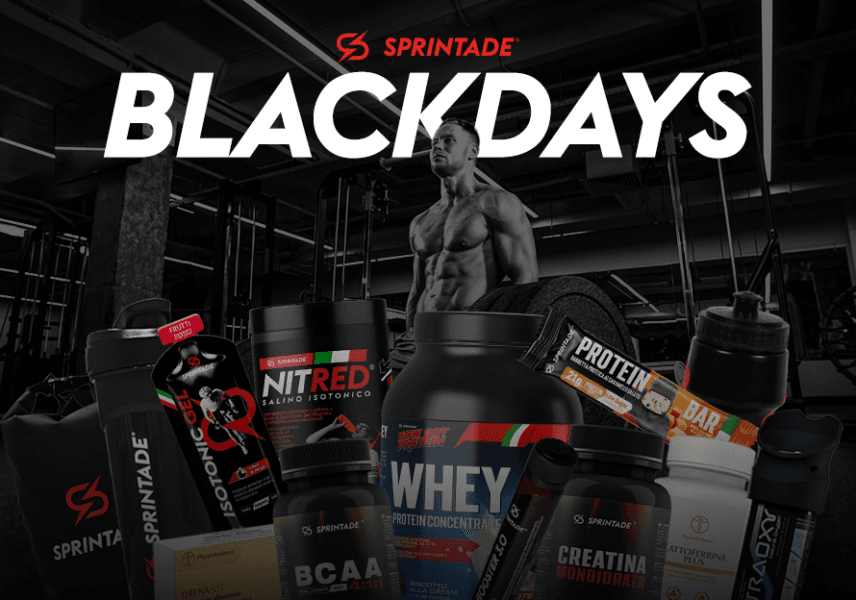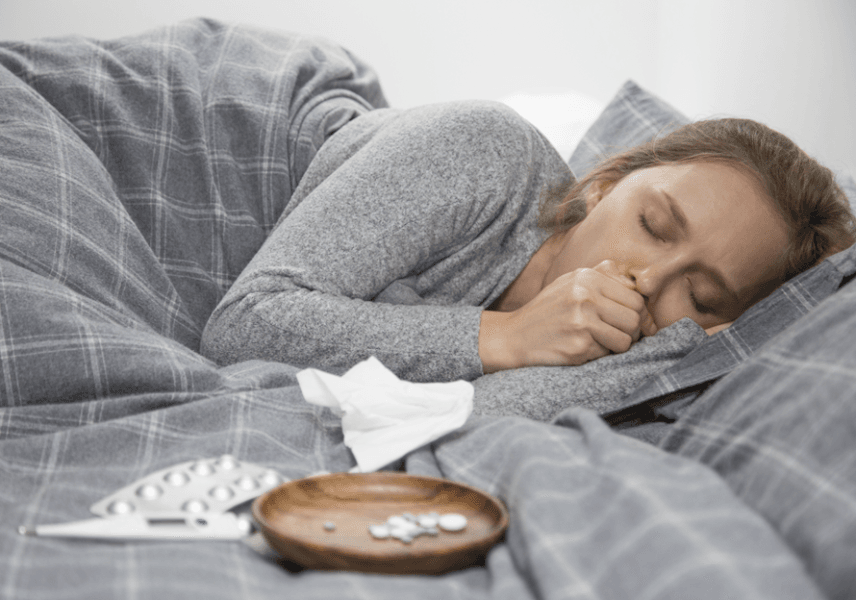The importance of correct nutrition for both professional athletes and those who train by bicycle to lose weight
Whether practiced at an amateur level on Sunday morning with friends or in the evening to lose weight, or at a competitive and professional level, cycling is a sport that requires great physical, energetic and mental commitment, it is therefore essential to guarantee our body the better conditions to be able to pedal well and for a long time. In this article we will talk about cycling nutrition, when and how to eat in anticipation of an outing and what mistakes not to make.
Nutrition is the means through which the body assimilates the nutrients necessary to compensate for efforts and energy consumption. Specifically, the cyclist must pay close attention to adequate nutrition since it is his own great performances are achieved from the combination of hard training and correct nutrition.
The way you eat, the nutrients you eat and, above all, the timing in which you eat are fundamental for the success of sports performance: bad habits, heavy, unsuitable foods and those taken at the wrong time can compromise pedaling, worsen physical efficiency and create real health problems for the athlete.
Cycling nutrition
Practicing cycling, like all endurance sports, requires particular attention, discipline, a lot of self-control, a good training technique, consistency, valid supplementation at the right time and correct nutrition. To be able to undertake intense training or a race, you need to reach optimal levels of nutrition to be able to tackle physical activity without suffering. As with supplementation, cycling nutrition is divided into three phases:
- diet before pedaling
- diet during pedaling
- diet after pedaling
Diet before pedaling
The purpose of pre-exercise nutrition is to accumulate energy reserves, maintaining a constant blood glucose level and saturating the body with glycogen. At this stage it is very important to minimize the intake of fats, which take a very long time to digest, and to instead opt for foods rich in carbohydrates at least three hours before going out.
It is very important not to make mistakes that could compromise health and performance by burdening the athlete at a gastric level (heaviness, nausea, acidity, vomiting, diarrhea) and leading to unpleasant sensations of tiredness and dizziness. The most frequent mistakes to avoid are:
- not eating enough or fasting, which leads to hypoglycemic states
- eating fatty foods, which leads to states of hyperglycemia
- not hydrating enough
- not respecting the right timing by eating too much close to the ride
- drink alcohol
Diet during pedaling
The goal of under strain eating is to replenish water and mineral salts lost through sweating, avoiding dehydration and the onset of cramps. It is important when cycling to always carry one or more (depending on the length and intensity of the training you want to do) flasks with fresh but not frozen water, add specific saline solutions to it or opt for sports drinks and isotonic gels able to replenish without weighing you down.
It is important to regularly drink small sips of water and not make the mistake of giving in to great thirst, especially in the summer season, by drinking an excessive amount all at once: too much water certainly weighs you down and creates gastrointestinal problems.
Diet after pedaling
Nutrition after exercise is very important for the rapid and correct recovery of the athlete. In this phase the objective is to replenish hydrosaline losses, repair damage to muscle fibers, promote the synthesis of glycogen consumed during pedaling and, in general, avoid further overload on the metabolism. The first two hours after the activity are the most important for recovery, in this phase it is important to drink a lot and in small sips to minimize the stomach emptying time and promote intestinal absorption and consume fresh fruit both for its antioxidant and alkalizing action. Immediately after training you can have a snack based on complex carbohydrates, such as bread, rusks or biscuits, and then lunch or dinner with a good intake of proteins of animal origin (useful for repairing damaged muscle fibres) and a fair amount of carbohydrates.
In post-working it is essential, despite the body being very tired and you just want to rest, to eat correctly and drink a lot, without thinking that the body cannot withstand further commitment such as the digestive one. It has been shown that recovery occurs better and faster by integrating the right nutrients with nutrition and food integration.
 15/09/21
15/09/21 4
4





